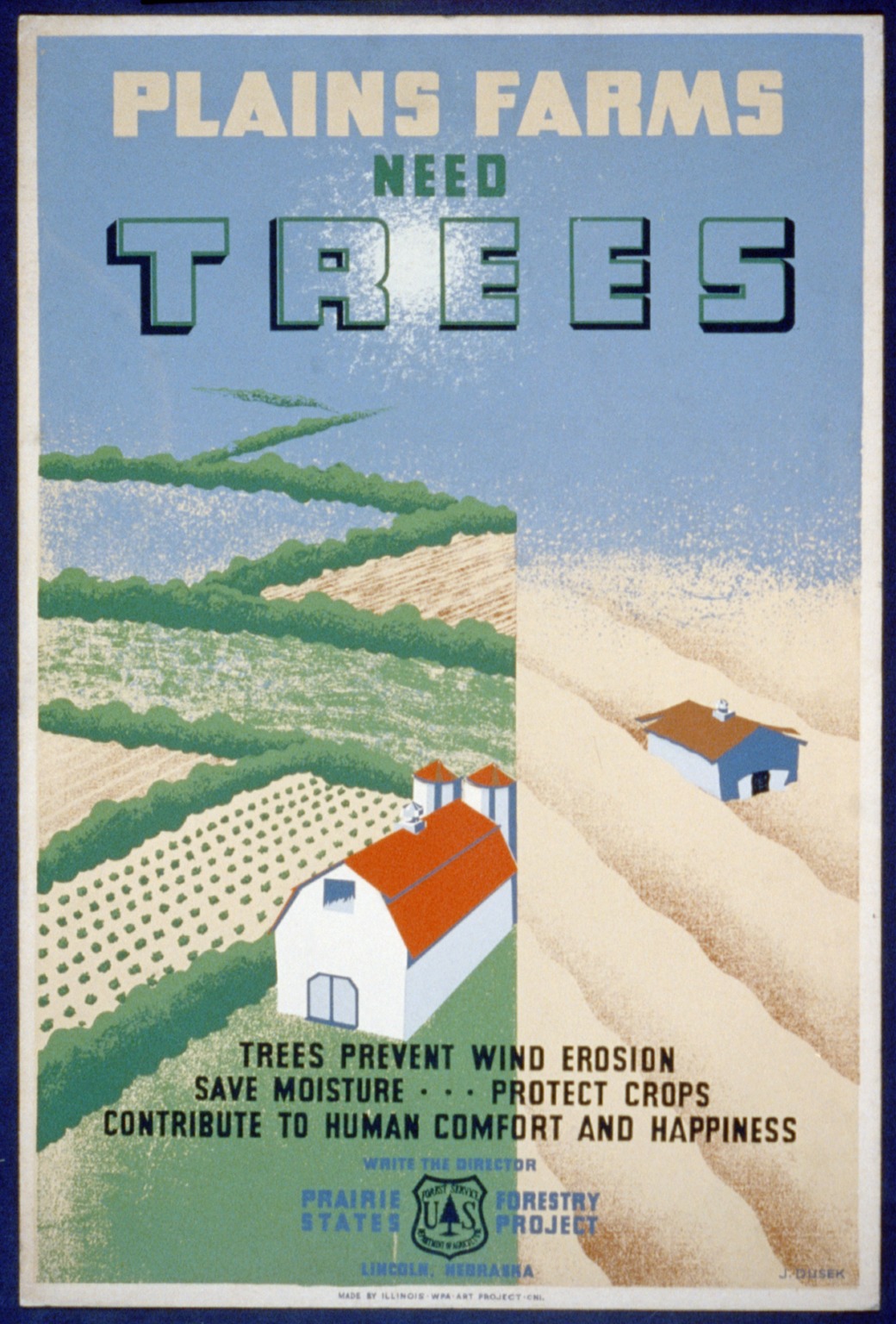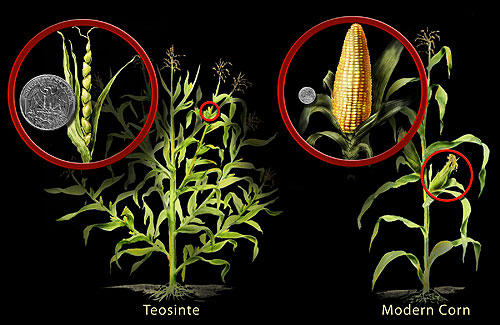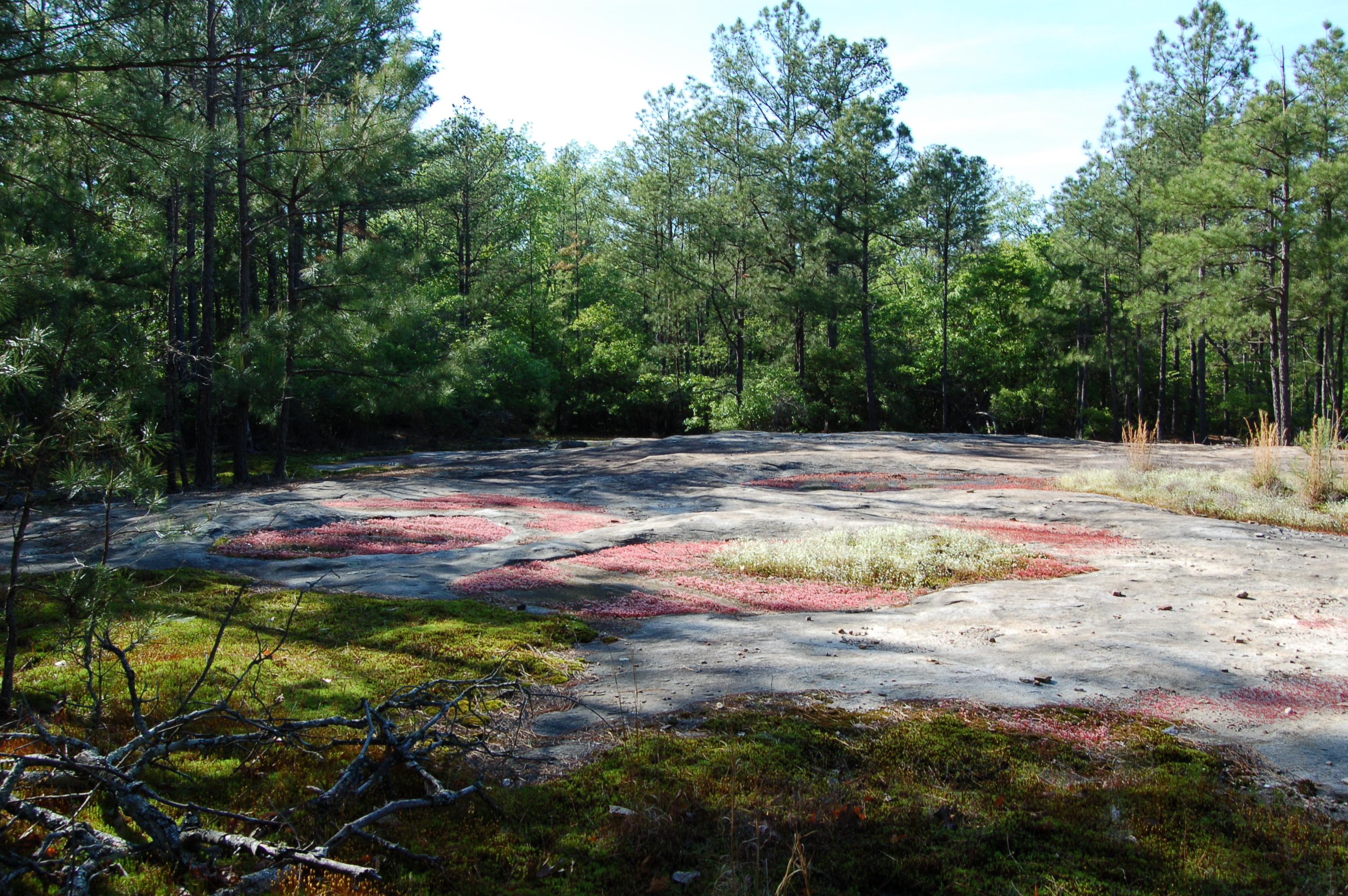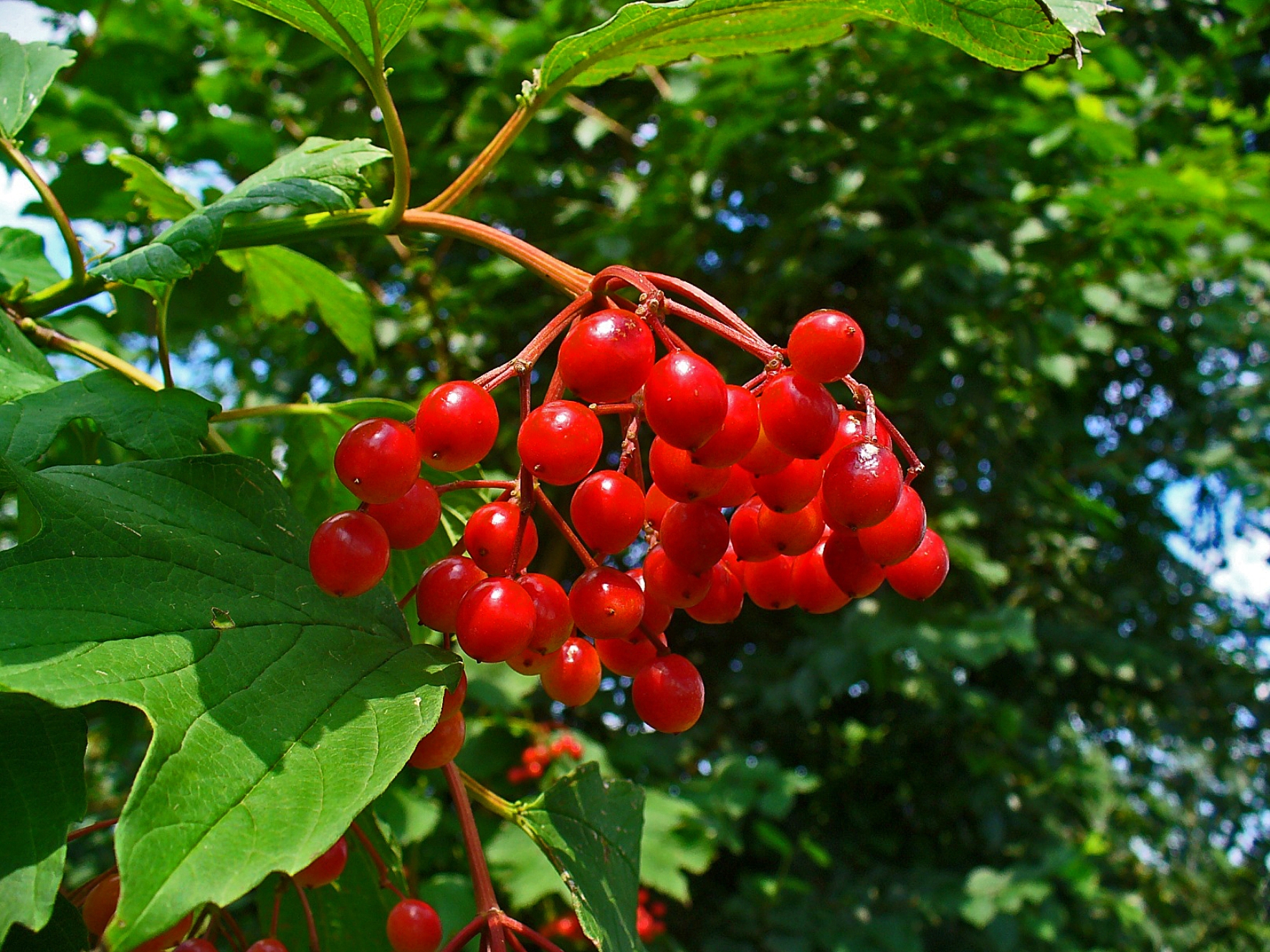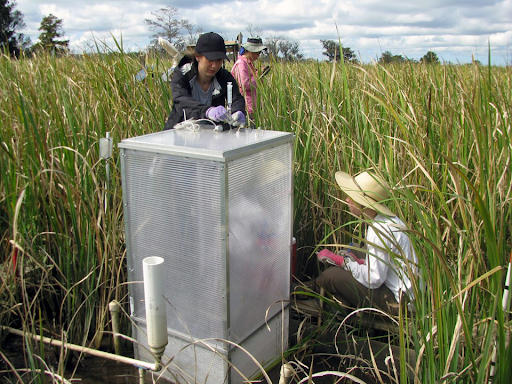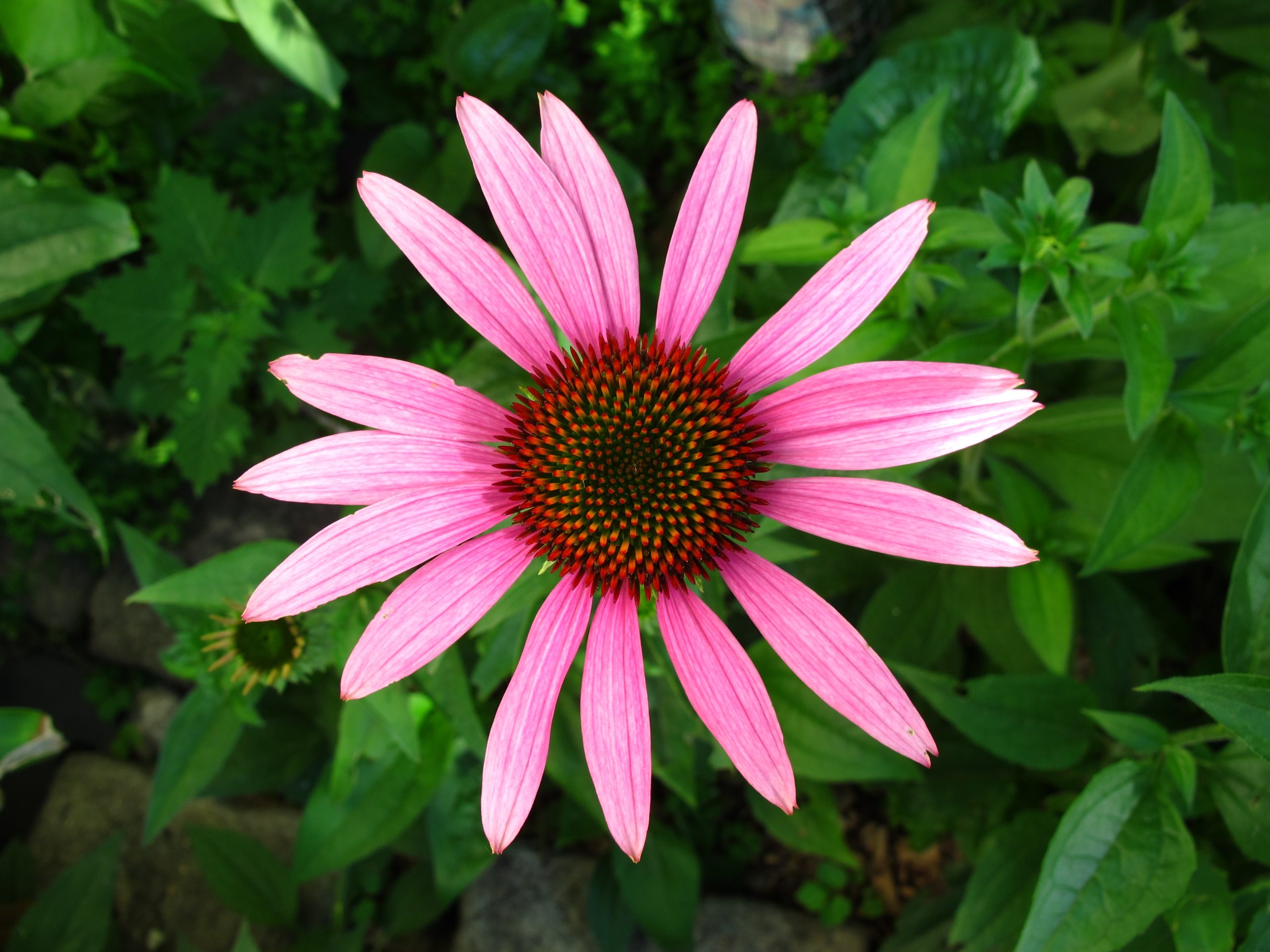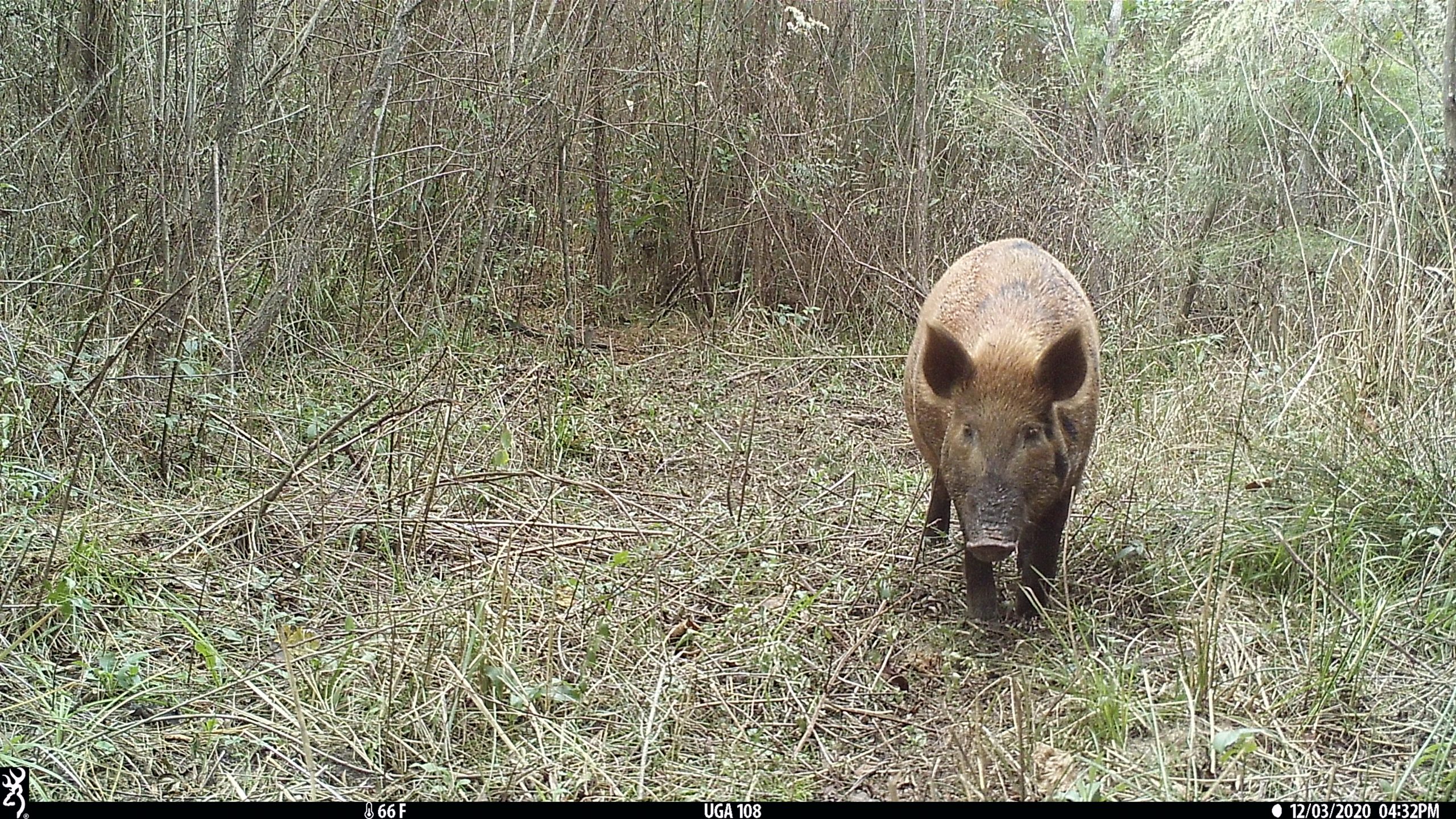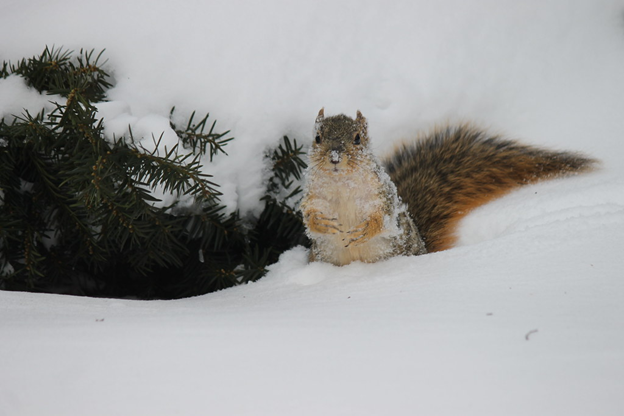
It actually isn’t that weird to see grey squirrels in the winter
Close your eyes and imagine the first snowfall in a forest from your favorite film. What are the wildlife doing? What are they preparing for? Now fast forward to the first day of spring: when all the snow melts, the grass grows greener, and the pink flowers immediately blossom. What are the wildlife doing now?

